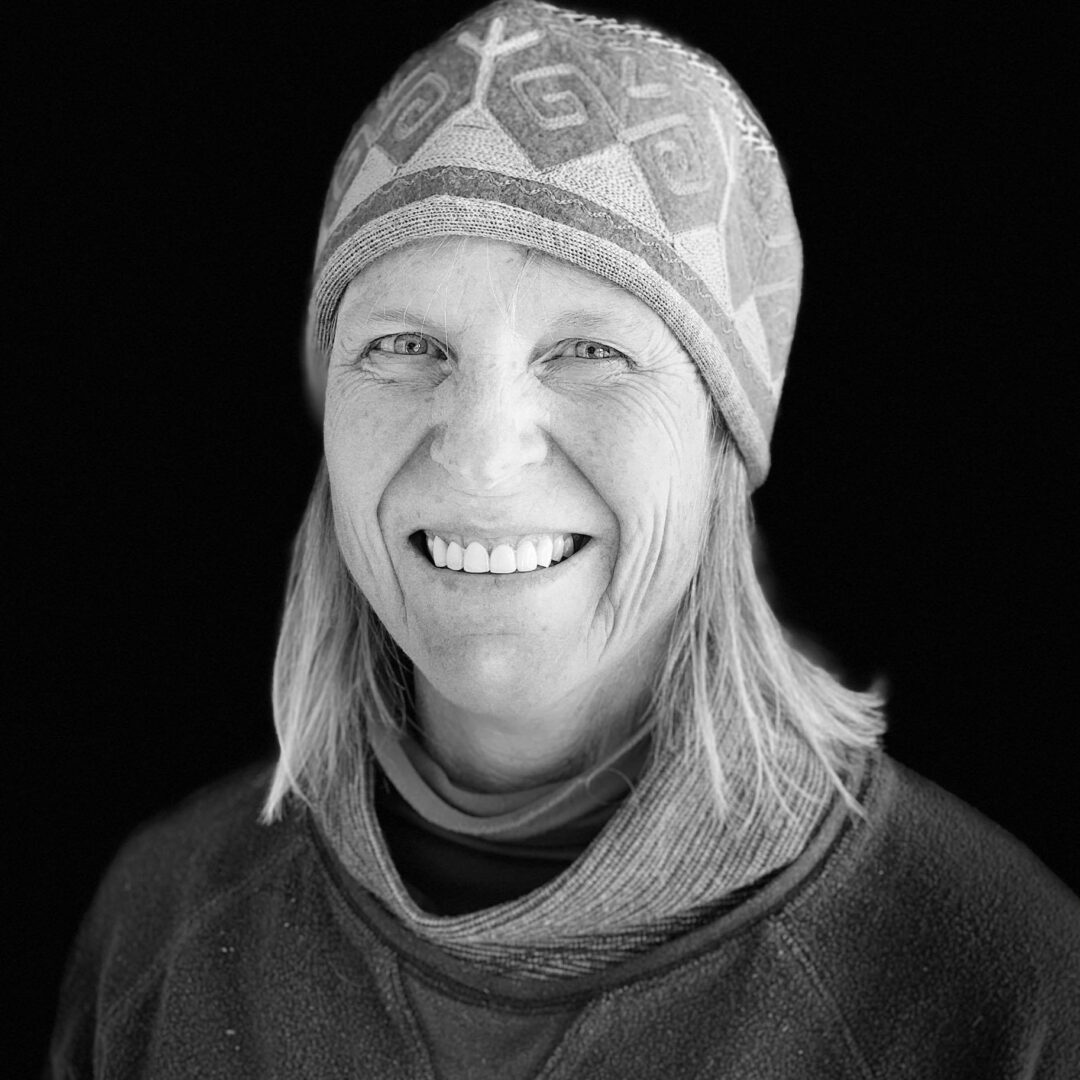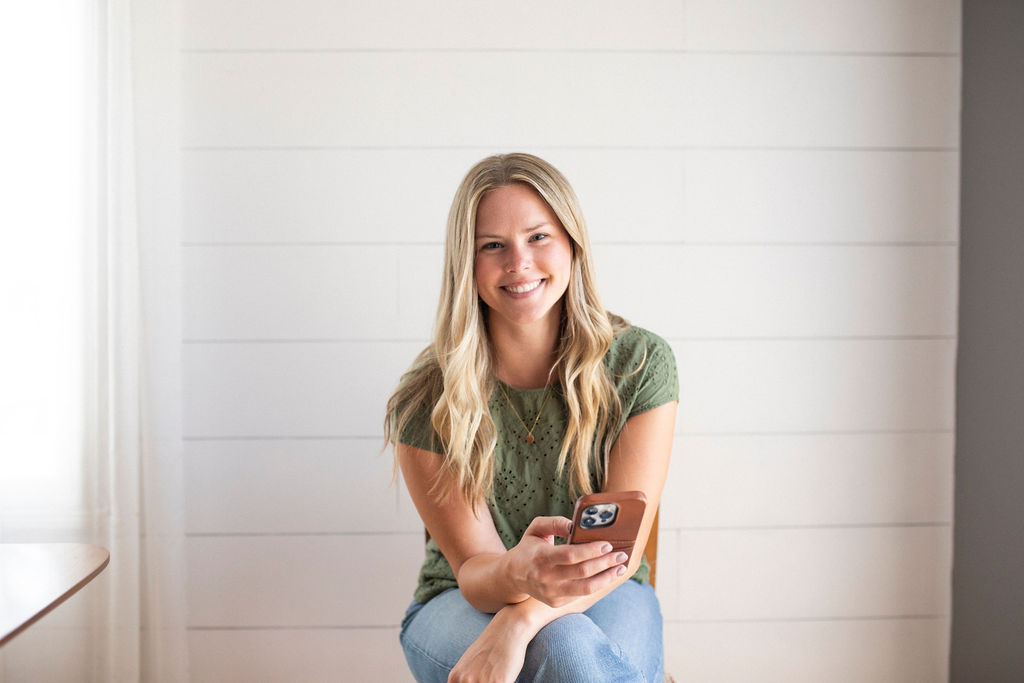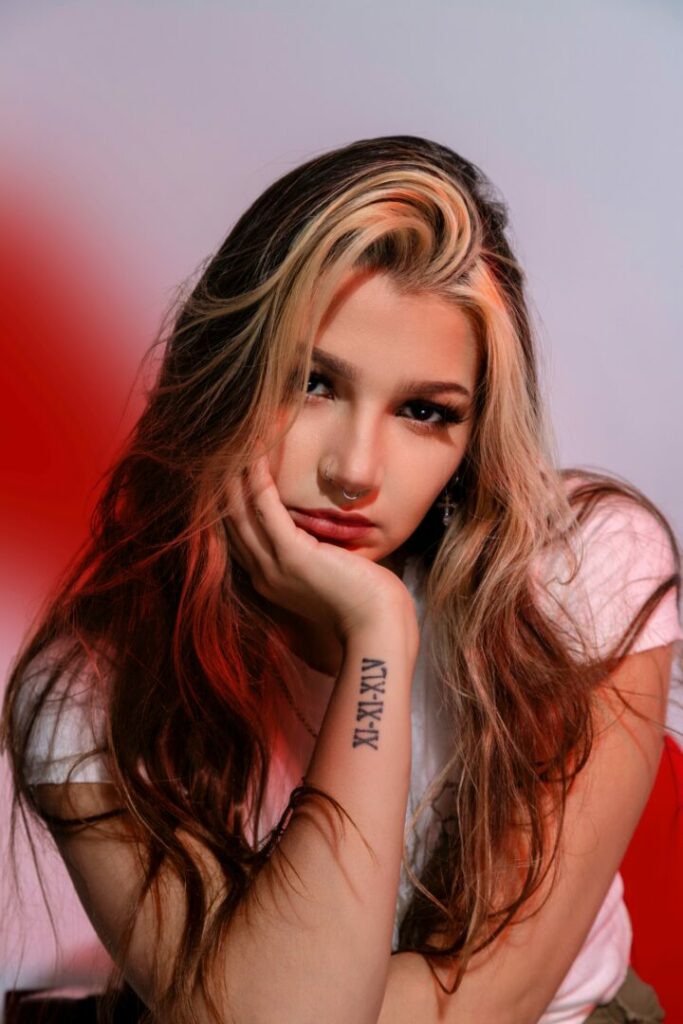We were lucky to catch up with Connie Falk recently and have shared our conversation below.
CONNIE, looking forward to learning from your journey. You’ve got an amazing story and before we dive into that, let’s start with an important building block. Where do you get your work ethic from?
I think my desire to achieve and work hard came from very early lessons in grade school that achievement would be recognized. Home life was not ideal for various reasons, so I sought support in the classroom. Also, I enjoyed learning and applying myself. Most classes I have taken always seem like puzzles or games to me, and there is always satisfaction in doing well in a game or puzzle.
I have also always taken satisfaction in a job well done and contributing to the general welfare of others. As I get older, and time grows shorter, I have to make decisions about how to spend my time always considering the effort, the outcome, and the intrinsic fun/joy/friendships to be had in the doing. I am increasingly weighing the joy/fun/friendship criteria more heavily.
I have always prioritized adventure in my life, also, ever since I was like 8 years old. So, when I was younger, effort and outcomes were not weighing as heavily in my decision making. If there was some adventure involved, and fun to be had, and I felt in my whole being I needed to do something, I did it. I served in the Peace Corps! I learned Spanish! I got a PhD and had an academic career in a male-dominated agricultural field! I edited a book! Now I am a painter!
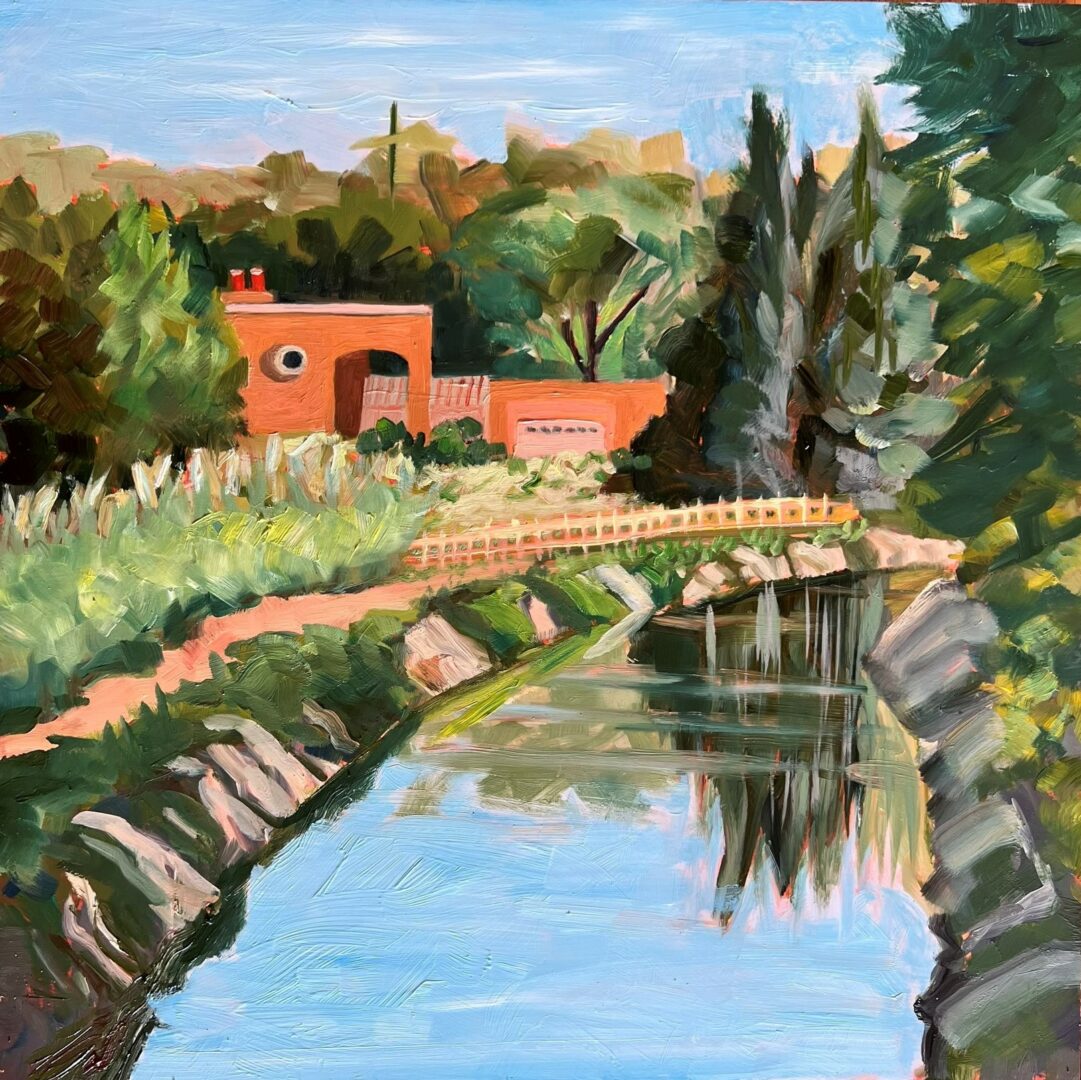
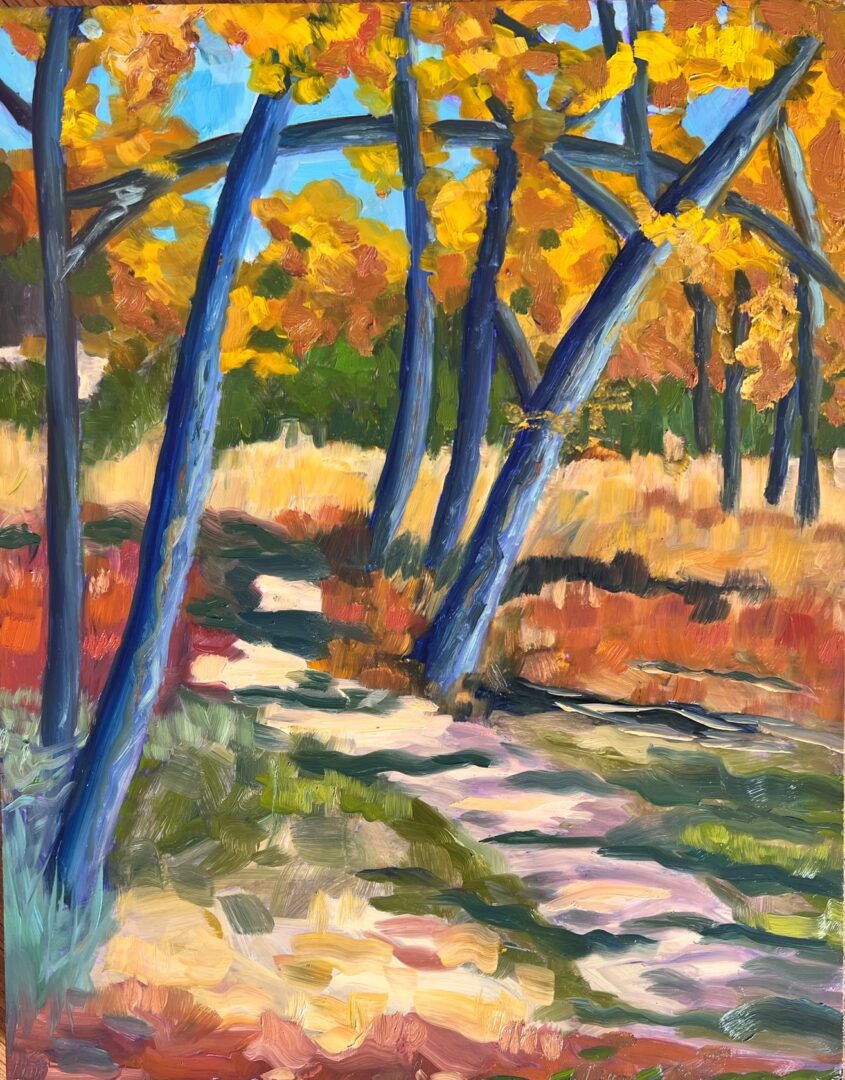
Thanks, so before we move on maybe you can share a bit more about yourself?
I spend most of my time since retirement from my academic career as an oil painter. I paint en plein air every week with a group of friends. Spending time with my painting group is the highlight of my week. We have so much fun together and are always challenging each other and sharing our knowledge and experience. This summer I was juried into a cooperative art gallery, and I am getting used to having to show up to work! I participate every year in the local studio tour, and I show my work regionally in galleries and shows. My website is www.conniefalkfineart.com
In addition, I continue to do consulting projects. This year I have completed a business plan and financial feasibility analysis for a grocery cooperative in a rural and food insecure area of New Mexico. I am in the process of completing a similar analysis for a Navajo friend and corn farmer who wants to build a modern food processing plant to produce and market traditional native corn products. I’m also about to help another friend write a grant. He has an ingenious plan that will simultaneously help Native ranchers earn more for their cattle and create meat donations to food banks in food insecure areas of rural NM.
I’ve done this type of consulting work ever since I started my academic career in the late 1980s. While in my PhD program, I developed a spreadsheet model to evaluate the financial outcomes of a vegetable packing house. I thought of doing this because while in Peace Corps, I only had pencil and paper to do analyses to help local small businesses. When I started my Phd (two weeks after spending 3 years in Peace Corps), and discovered spreadsheets, I was in heaven! I could change assumptions and get immediate financial results! I have used the same model now for more than 35 years and I have customized it for a large number of clients in both horticultural and meat enterprises.
In my 25-year academic career, I had a teaching/research position. I taught classes in sustainable development, a spring break study tour class to Latin America, an honors class in world food problems, a financial statements and financial modeling class to animal science majors, an organic production class using the Community Supported Agriculture model, and a senior honors seminar on climate change. My research projects focused on small farm economics, crop diversification, value-added marketing and economics, season extension technologies, and organic marketing. My last two years I was selected to hold an endowed chair in the Honors College.
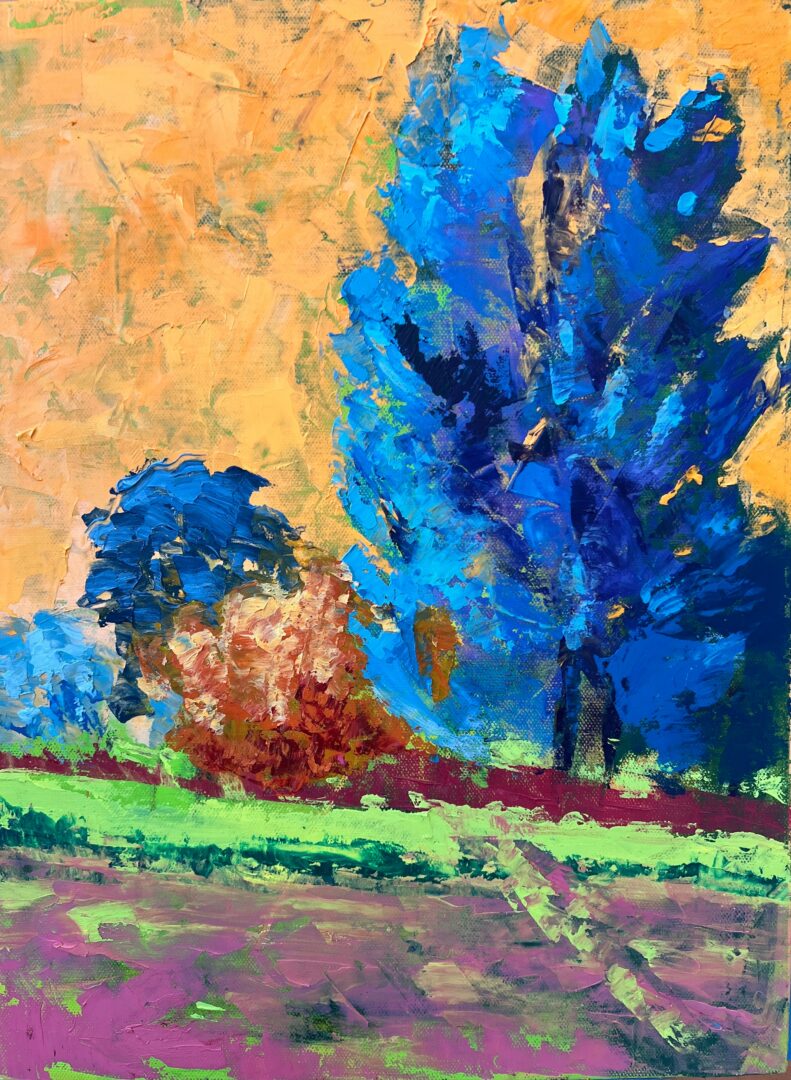
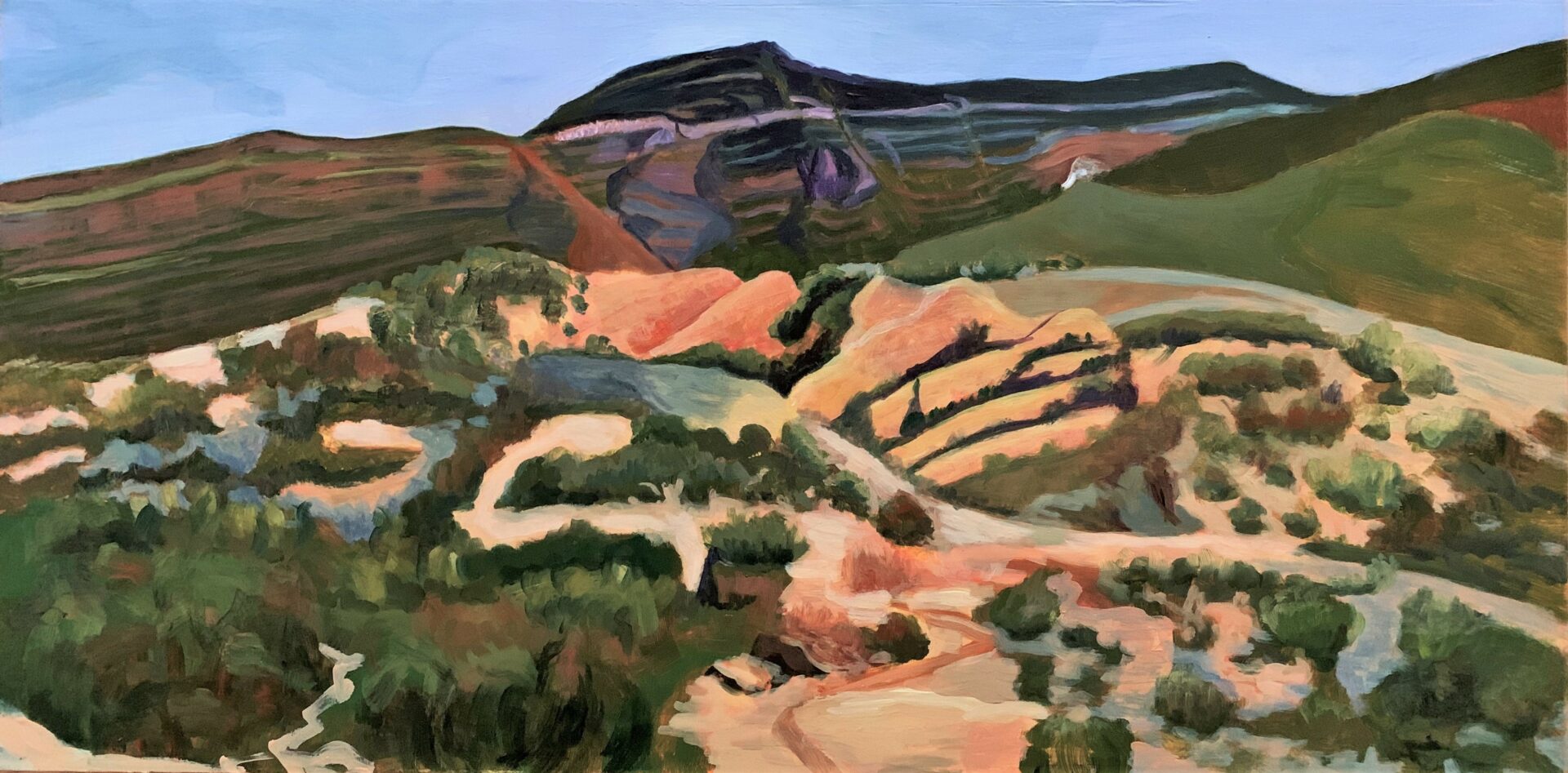
There is so much advice out there about all the different skills and qualities folks need to develop in order to succeed in today’s highly competitive environment and often it can feel overwhelming. So, if we had to break it down to just the three that matter most, which three skills or qualities would you focus on?
Three qualities, skills, or areas of knowledge that were most impactful in my journey.
1. Listening to myself. I have been pretty good about checking in with myself. Sometimes this is not a really conscious effort, but one coming from a deeper place. Going to Peace Corps was such a choice. I really wanted to join Peace Corps since whenever I first heard about Peace Corps. I applied to go right after my bachelor’s degree in English, but I was just 20 years old and felt too immature to live in an isolated place without modern amenities. That’s when I decided to get an MBA in order to have what I thought was a more useful skill for Peace Corps. So, I went to Peace Corps (two weeks) after my master’s degree and got an ideal job helping small business owners in a mountain town in Central America.
2. Planning for the future. I realize I grew up in a time when young people could get through college without much debt and buy a house without too much trouble. But I’ve always been careful with my money, and now I can enjoy retirement. I invested and saved and i have no financial worries.
3. Health/Exercise. I made a pledge to myself when I was 21 that I would always exercise regularly and try and eat healthy food. I have pretty much kept that promise to myself. Now that I am long retired, and getting older, it seems almost every conversation I have with people in my age group focuses on someone’s health issues. I don’t often get to join in! I’m finally getting far sighted, so I need reading glasses sometimes, and my hearing is affected by too many loud rock n roll concerts in the past. But generally, I am strong, flexible, have good stamina, and sleep well. I recommend avoiding loud noises. Wear ear plugs! Tinnitus is a real annoyance and can be avoided in old age if you protect your ears.
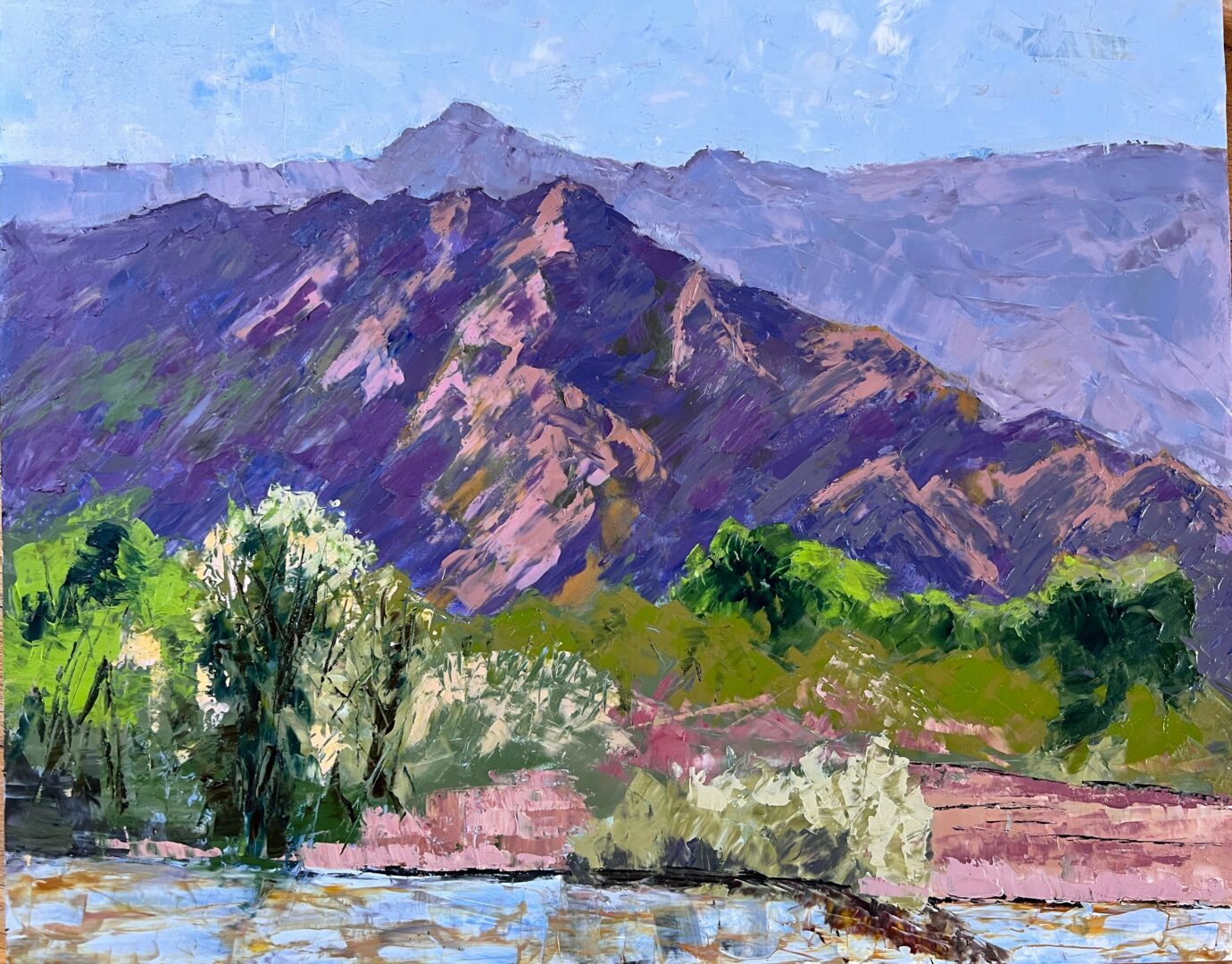
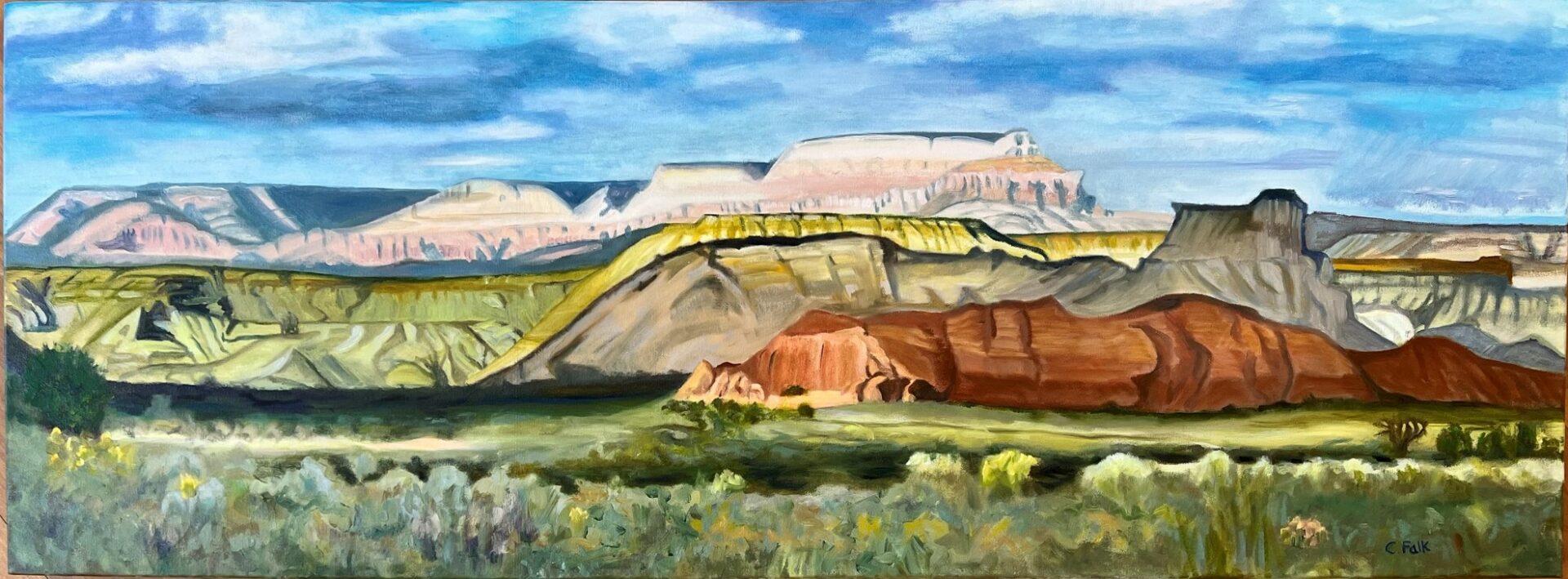
What was the most impactful thing your parents did for you?
My dad taught me how to do my own taxes. To this day I do my own and they are rather complicated.
My dad also taught me how to face death with quiet dignity, and to treat the inevitable (he died of cancer and knew his time was limited) with careful planning and grace.
My mother taught me love of animals. They allowed me to have cats growing up, and entrusted the cat care to me, even as a child. They let me go to camp every summer, which required me to sell 300 boxes of cookies. My mom drove me around as I walked door to door selling cookies so I could go to camp.
My parents also had some real problems, which I didn’t understand growing up, and I spent a lot of time trying to understand them when I was younger. I read a lot of books, mostly by M. Scott Peck, and also For Your Own Good, by Alice Walker. I found a way to put behind me the damage they caused me. I have always been someone to look forward and not back. I find that too many people dwell in the past and allow past psychological/emotional pain to have too much weight in their current life. I have developed a habit of just forgetting about things that have hurt.
Contact Info:
- Website: https://www.conniefalkfineart.com
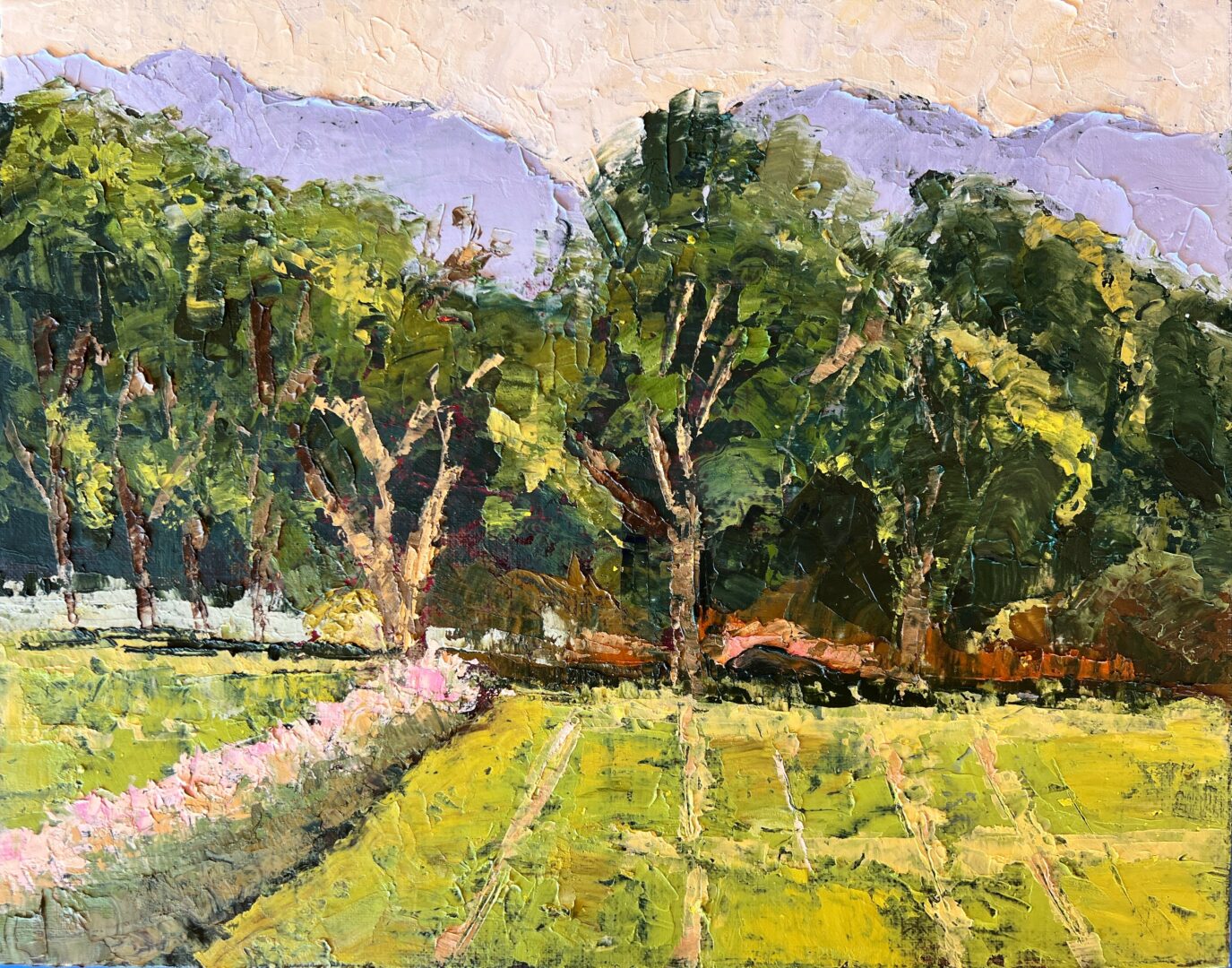
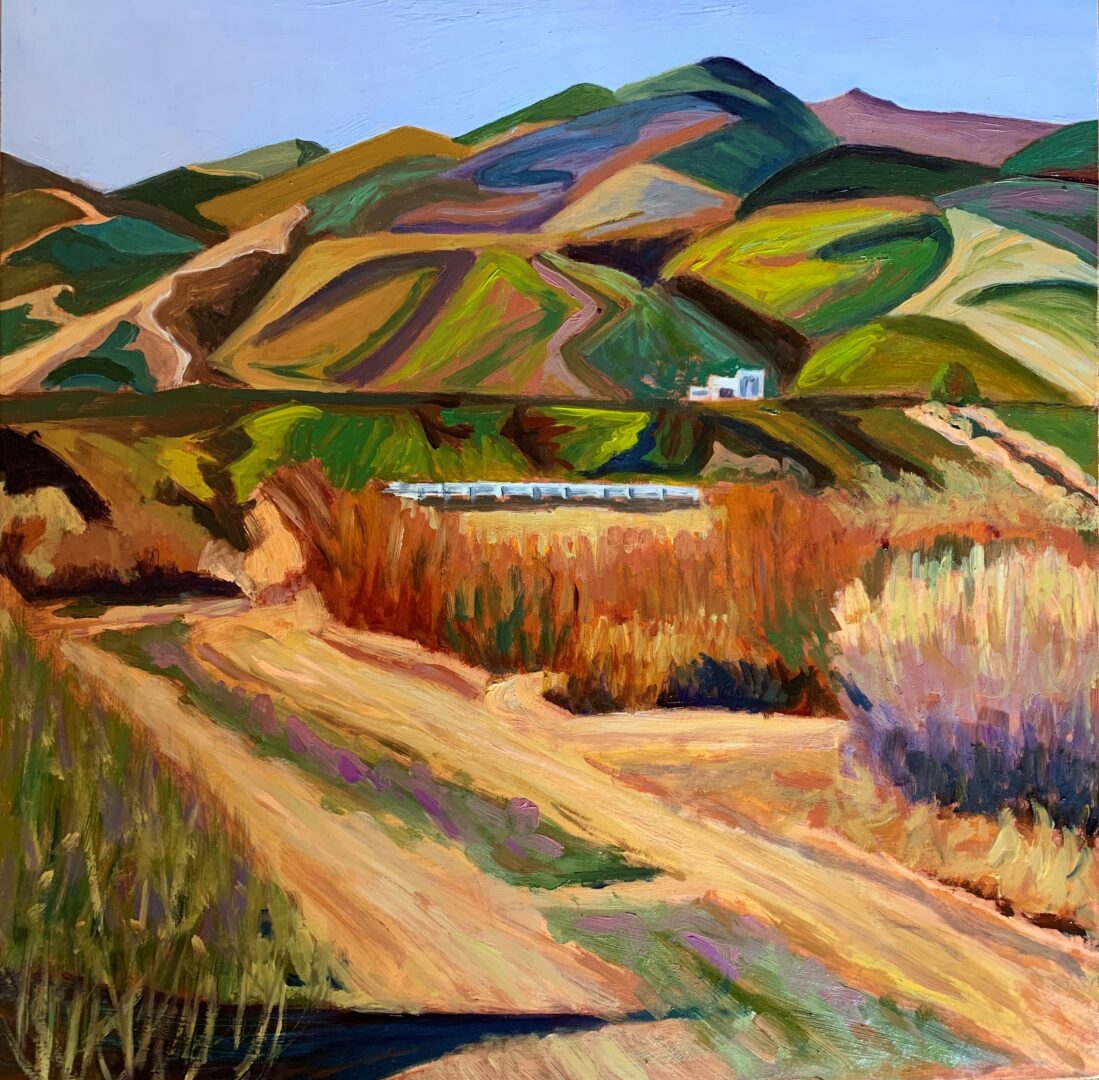
Image Credits
Rick Hatfield for the picture of me.
Connie Falk for all the pictures of my paintings.
so if you or someone you know deserves recognition please let us know here.

